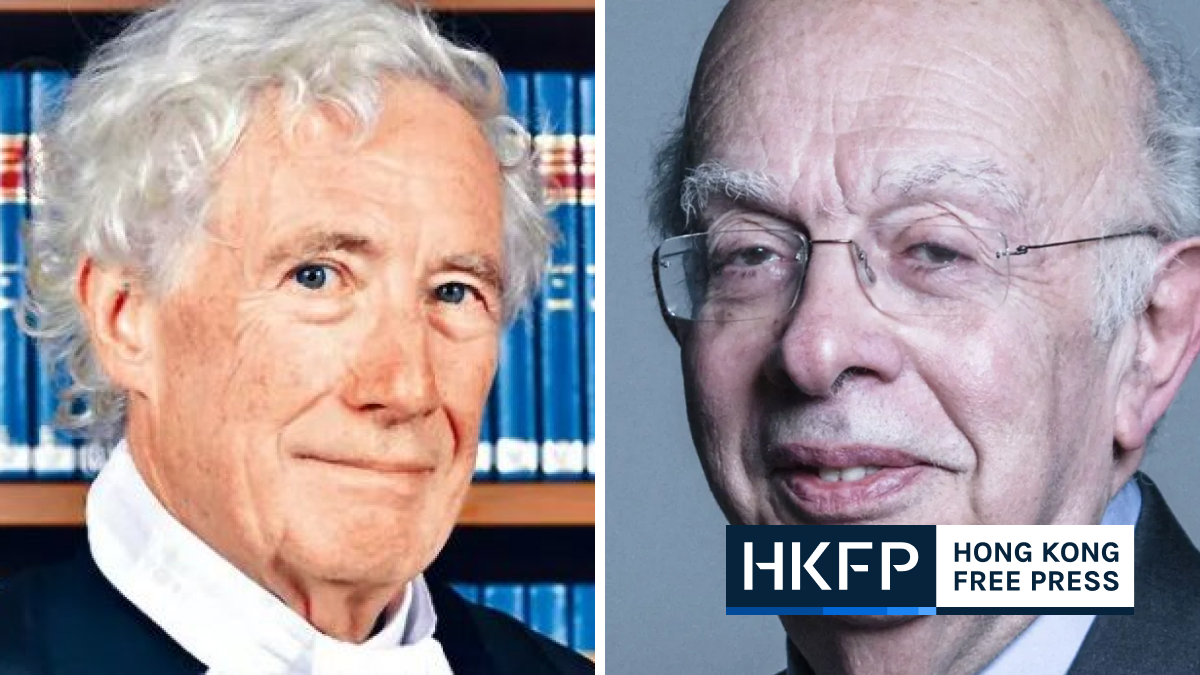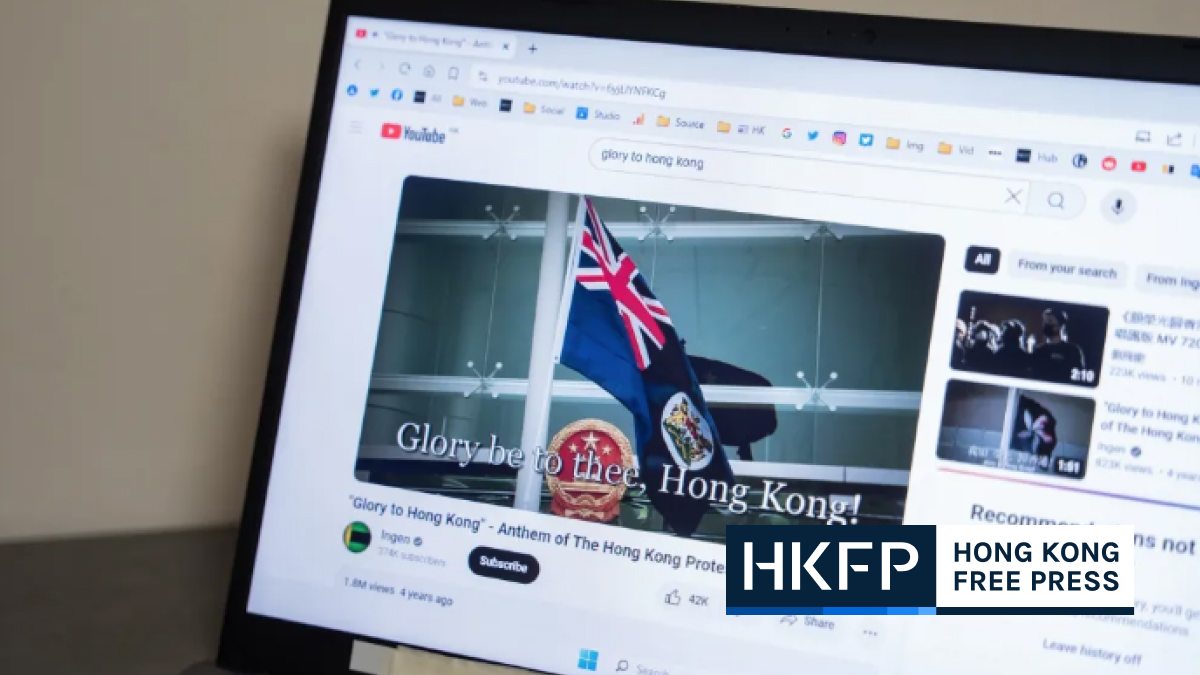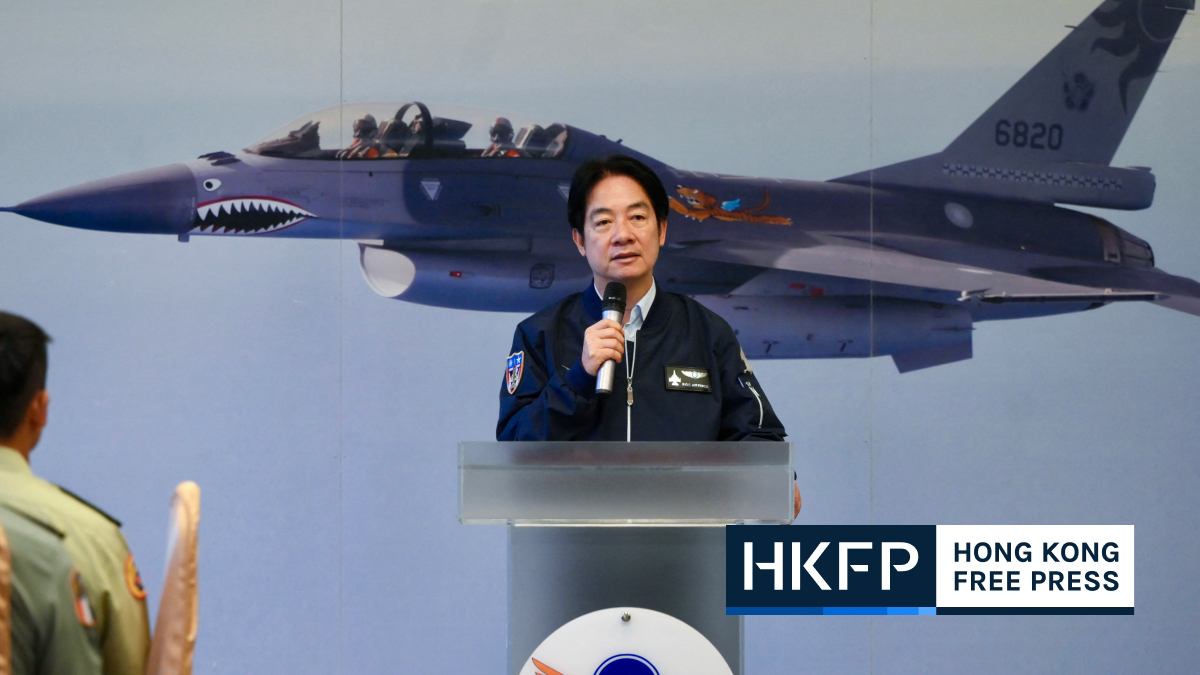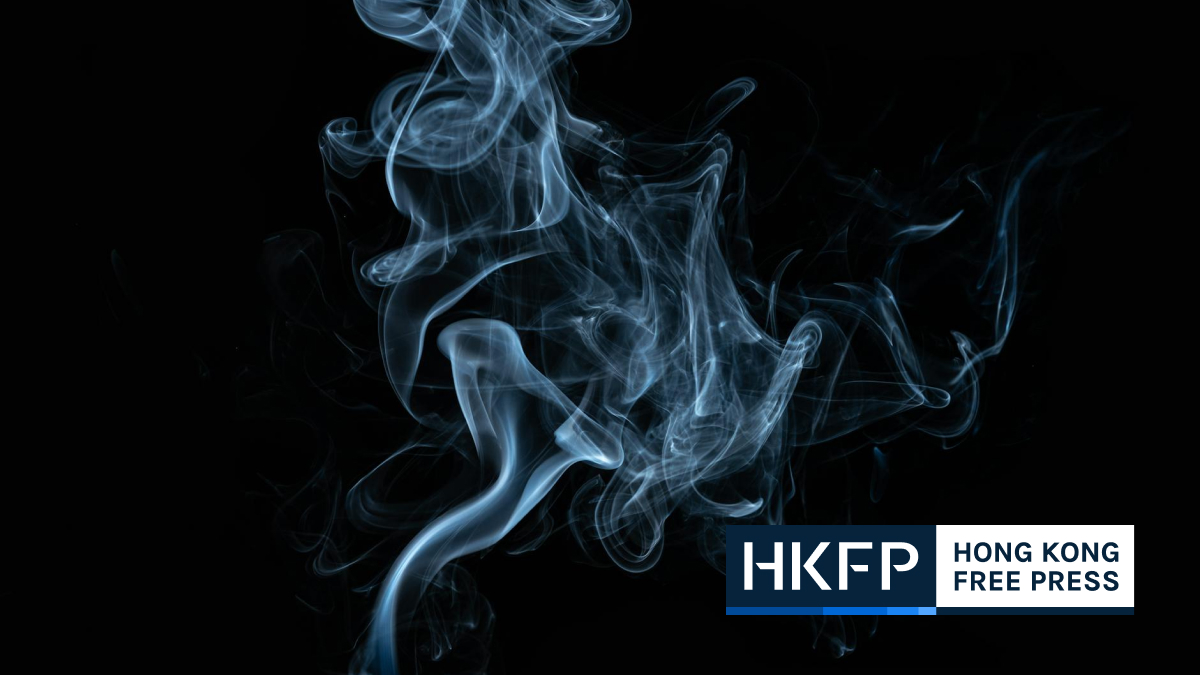A Hong Kong judge has ordered prosecutors to prepare a camera to film the public gallery of a courtroom after supporters of a pro-democracy activist on trial for sedition cheered and waved at him.
District Court judge Stanley Chan warned supporters of activist and radio host Tam Tak-chi, nicknamed “Fast Beat,” not to shout or wave at him and said doing so would show disrespect to the court and the judge.

Anyone displaying “behaviours disrupting the court” could be filmed with Chan’s approval, even though photography is banned in Hong Kong’s courts.
Tam faces seven counts of “uttering seditious words,” three counts of disorderly conduct in a public place, one count each of conspiracy to utter seditious words, holding or convening an unauthorised assembly, incitement to knowingly take part in an unauthorised assembly, and refusing to obey an order given by an authorised officer. The activist pleaded not guilty to all 14 charges.
Chan is one of the city’s hand-picked national security law judges, although the defendant is not being tried under that legislation but under a colonial-era sedition law. The judge told Tam his instruction to prepare a camera was not motivated by prejudice but he also told Tam to stop talking when the democrat tried to speak.
“There is no freedom of speech inside the courtroom,” said Chan, adding that no one could interrupt a judge when he was speaking.
Despite Chan’s warning, many people in the public gallery still waved to Tam after the second day of the trial ended on Thursday even though court staff tried to stop them.
‘Damned black cops’
Prosecutors in their opening statement accused Tam of making baseless accusations against the Hong Kong police, such as accusing them of unjustified arrests. They said he insulted them by describing them as “damned black cops.”
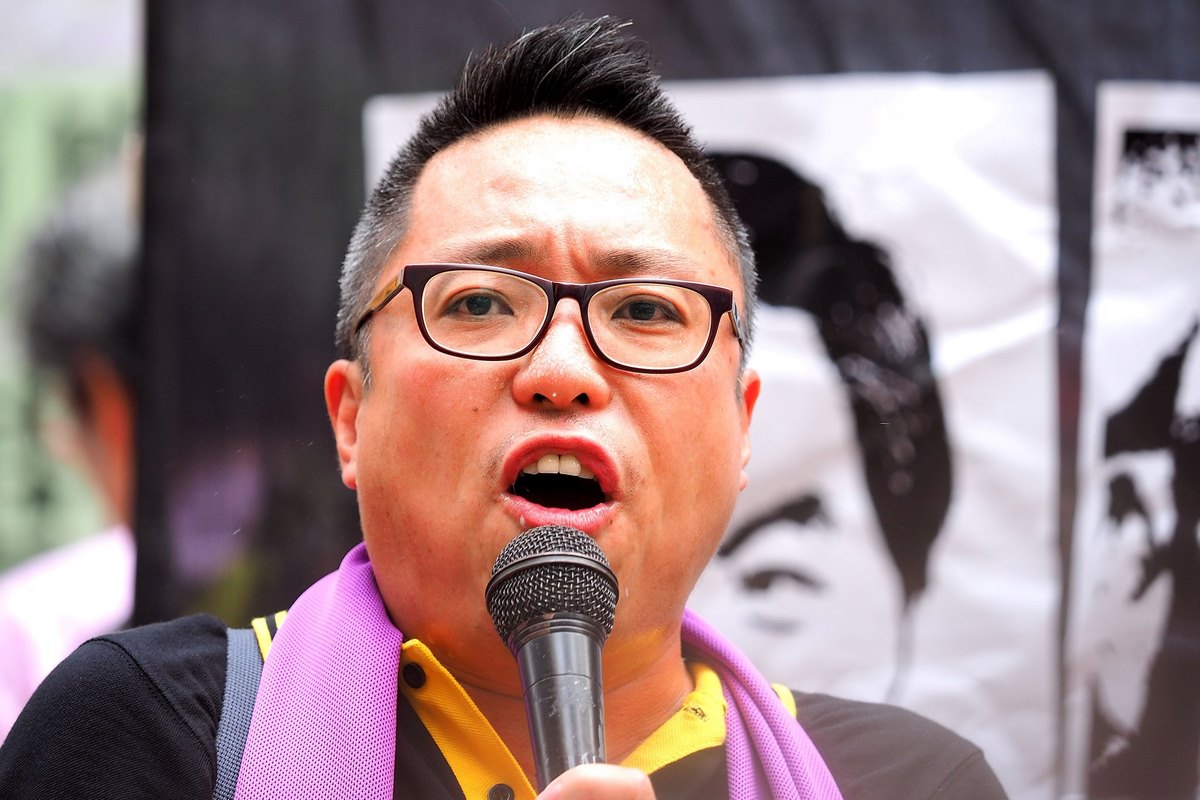
The activist was also accused of leading and encouraging the public to chant the controversial “Liberate Hong Kong, revolution of our times” slogan on eight occasions between January 17 and July 19 last year.
He was also said to have led members of the public to chant another slogan which became popular in the 2019 protests, “Five demands, not one less,” as well as advocating violent and illegal action against the government.
Tam was also accused of inciting hate against the Chinese and Hong Kong governments through statements in speeches such as “the world’s largest gangster is the communist party” and advocating ideologies that support overthrowing the party.
Impact of Tong Ying-kit case
Tam’s trial began on Monday, but was adjourned pending the verdict in Hong Kong’s first national security law case. On Tuesday Tong Ying-kit was found guilty of incitement to secession and terrorist activity.
Tong was arrested on July 1 last year, after he rode a motorcycle with a flag reading “Liberate Hong Kong, revolution of our times” into three policemen during a demonstration in Wan Chai. In a departure from Hong Kong’s common law tradition, he was denied bail and a jury trial. The judges ruled that the slogan amounted to a call for secession.
In Tam’s trial, Deputy Director of Public Prosecutions (Special Duties) Anthony Chau and Senior Counsel Edwin Choy for the defence agreed that the factual rulings in Tong’s case were not binding on lower court judges.
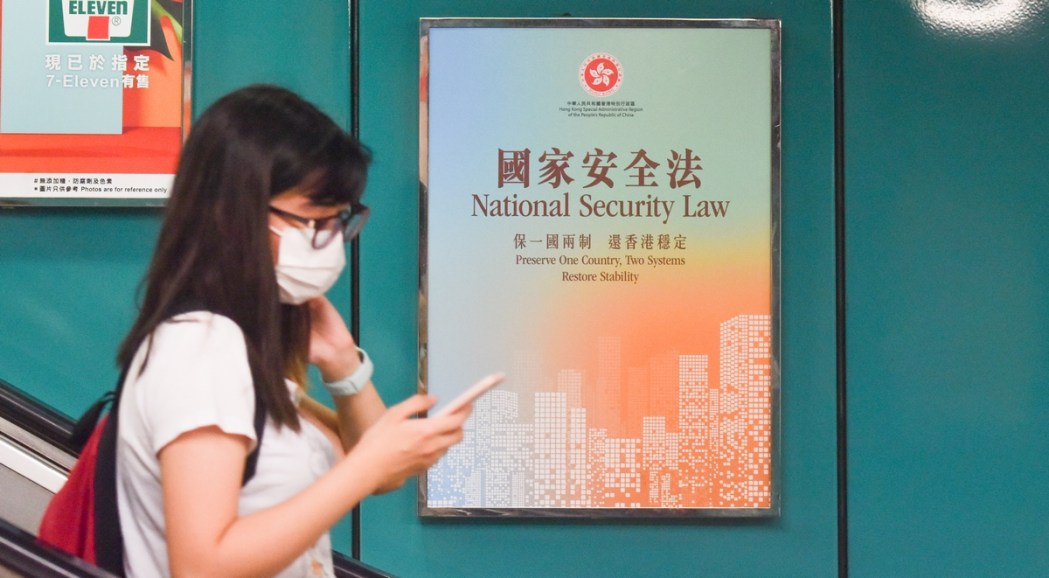
Both also agreed that the court does not have to accept in its entirety the testimony of the expert witnesses in Tong’s case about what the slogan means.
Historian Lau Chi-pang of Lingnan University testified for the prosecution in Tong’s case while Chinese University of Hong Kong journalism academic Francis Lee, and Eliza Lee, politics and public administration professor at the University of Hong Kong (HKU), gave evidence for the defence.
Lau will testify in Tam’s case, and the prosecution will also summon Senior Inspector Eddie Cheung Wai-man to give evidence on the meaning of the slogan. The defence will apply to summon a expert witness, HKU Linguistics scholar Janny Leung.
Hong Kong’s sedition laws date back decades and were last amended in 1972 when the city was under British colonial rule which ended in 1997. They outlaw treason, incitement to mutiny and disaffection and other offences against the British Crown.
Support HKFP | Policies & Ethics | Error/typo? | Contact Us | Newsletter | Transparency & Annual Report | Apps
Help safeguard press freedom & keep HKFP free for all readers by supporting our team

LATEST FROM HKFP
HKFP has an impartial stance, transparent funding, and balanced coverage guided by an Ethics Code and Corrections Policy.
Support press freedom & help us surpass 1,000 monthly Patrons: 100% independent, governed by an ethics code & not-for-profit.





